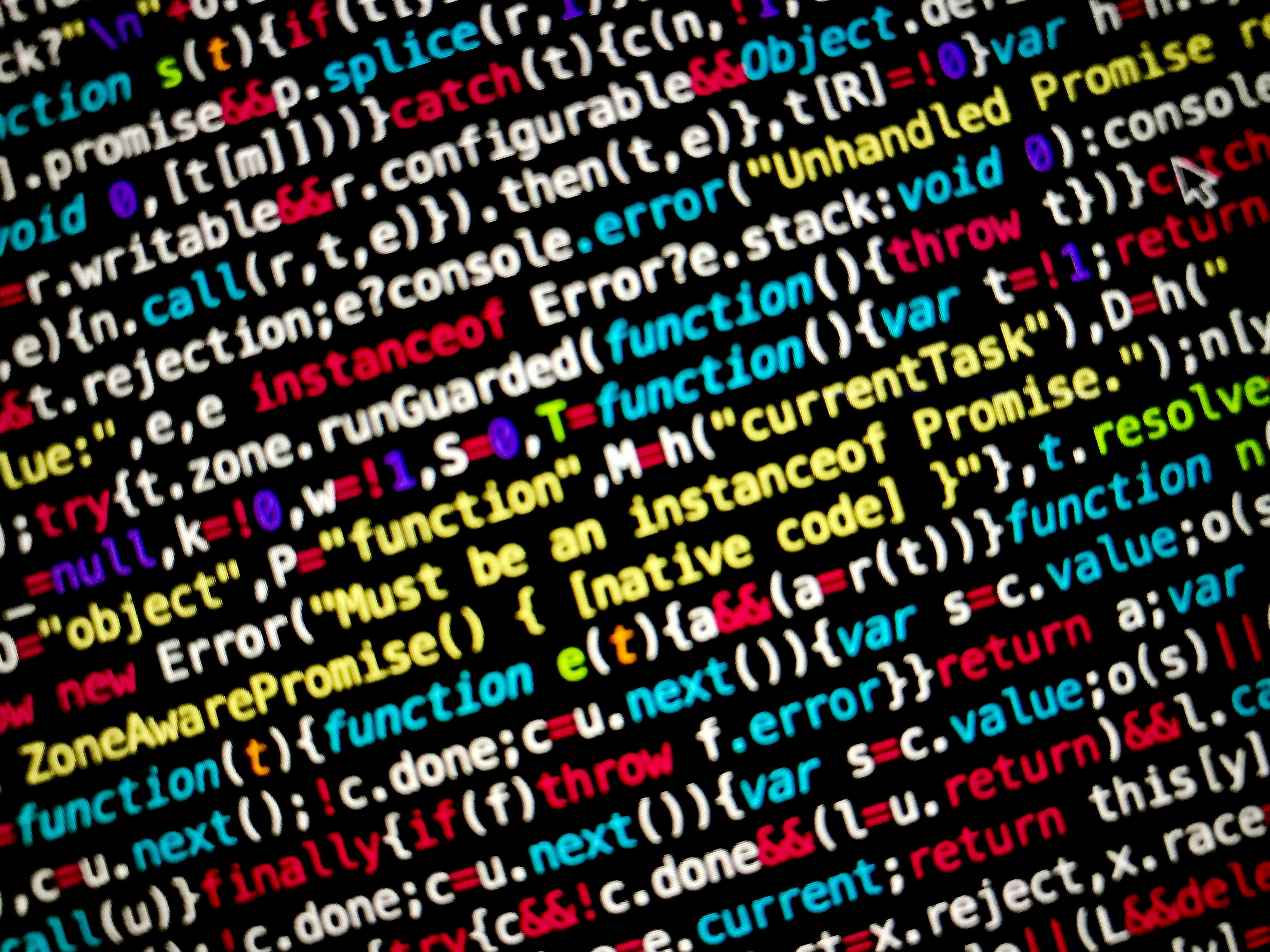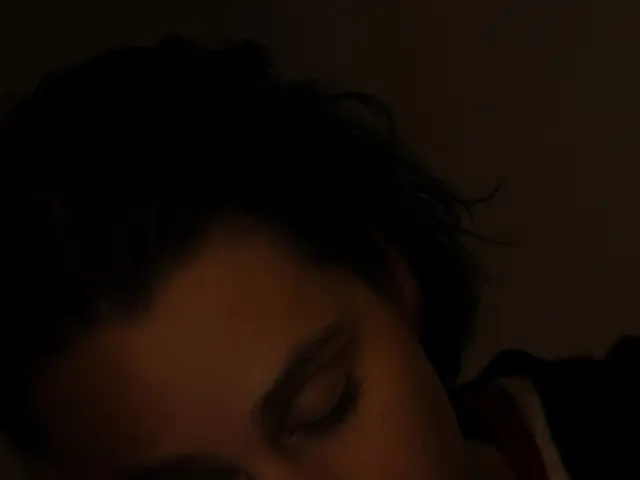Breaking Down Psychological Hurdles - Effective Approaches for Achieving Success with ADHD
Understanding ADHD: An Overview
Attention Deficit Hyperactivity Disorder (ADHD) affects around 5% of children and 2.5% of adults worldwide, according to the World Health Organization (WHO). This condition, far from being just daydreaming in class, originates in brain structure issues, particularly affecting the prefrontal cortex, responsible for problem-solving, as reported in a Harvard study.
Characteristics of Mental Blocks in ADHD
When faced with barriers, individuals with ADHD experience mental blocks similar to running through molasses. A study in the Journal of Attention Disorders in 2020 confirmed that procrastination, task avoidance, and stress are significant obstacles often related to these mental blocks.
Identifying Triggers and Patterns
Common triggers for mental blocks in ADHD individuals include environmental chaos, task chaos, and emotional overload. It is essential to identify personal triggers for each individual, which can often be achieved by journaling daily activities.
Strategies for Overcoming Mental Blocks
- Structured RoutineA structured routine can considerably help manage ADHD, as observed in a study published in the Journal of Clinical Child & Adolescent Psychology. Creating a daily plan with visual aids and alarms can provide consistency, reducing stress and increasing productivity.
- Utilizing Technology and ToolsVarious apps can help manage ADHD by aiding task planning, focusing, organizing thoughts, and practicing mindfulness. Examples of recommended apps include Todoist, Forest, Evernote, and Headspace.
- Mindfulness and Relaxation TechniquesMindfulness exercises, such as meditation, yoga, and deep breathing, can promote peace and calm, making it easier to focus and manage symptoms. Apps like Headspace and Calm can assist in getting started with mindfulness practices.
- Cognitive Behavioral Therapy (CBT)CBT helps ADHD individuals address negative thoughts and tackle mental blocks head-on by changing thought patterns and behaviors. Techniques may include learning to notice negative thoughts, addressing tasks one step at a time, and rewarding oneself for accomplishments.
- Personalized Educational StrategiesTraditional educational environments may not cater to the needs of ADHD individuals. Personalized plans, such as IEPs or 504s, can help adapt education to improve focus, retention, and success.
- Physical Activity and Lifestyle ChangesRegular physical activity, especially those activities that demand focus, can significantly improve cognitive performance in children with ADHD, as shown in a 2017 study in Pediatrics. A daily 30-minute workout can make a positive difference in both children and adults.
- Diet and NutritionA balanced diet rich in omega-3s, protein, healthy fats, and complex carbohydrates can contribute to improved brain health and mood stability. Reducing sugar and processed food consumption can help maintain stable energy levels.
- Social Support and CommunicationBuilding a supportive network around oneself, either through friends, family, or professionals, is crucial for coping with the challenges of ADHD. Peer support groups, mentors, and therapists can provide encouragement and practical advice.
Success Stories
The stories of individuals like Michael Phelps, Simone Biles, and Richard Branson demonstrate that with determination and the right tools, individuals with ADHD can achieve incredible feats. Their accomplishments offer inspiration and serve as evidence that success is attainable.
Conclusion
By employing a combination of strategies tailored to their needs, individuals with ADHD can effectively overcome mental blocks and reach their full potential. While ADHD may present unique challenges, it also provides creativity, resilience, and the motivation to seize opportunities. Embracing these traits and an action plan can pave the way for success.
References
- American Psychiatric Association. (2013). Diagnostic and statistical manual of mental disorders (5th ed.).
- Barkley, R. A. (2015). Attention-deficit hyperactivity disorder: A handbook for diagnosis and treatment (4th ed.). The Guilford Press.
- Faraone, S. V., et al. (2015). Attention-deficit/hyperactivity disorder. Nature Reviews Disease Primers, 1, 15020.
- Kooij, J. J. S., et al. (2010). European consensus statement on diagnosis and treatment of adult ADHD: The European Network Adult ADHD. BMC Psychiatry, 10, 67.
- World Health Organization. (2001). Mental disorders affect one in four people.
The implementation of mindfulness and relaxation techniques, such as meditation and deep breathing, can help ADHD individuals manage symptoms and focus more effectively as stated in apps like Headspace and Calm.
Cognitive Behavioral Therapy (CBT) is an effective strategy in addressing negative thoughts and tackling mental blocks head-on by modifying thought patterns and behaviors, one of the techniques being learning to notice negative thoughts and addressing tasks one step at a time.








